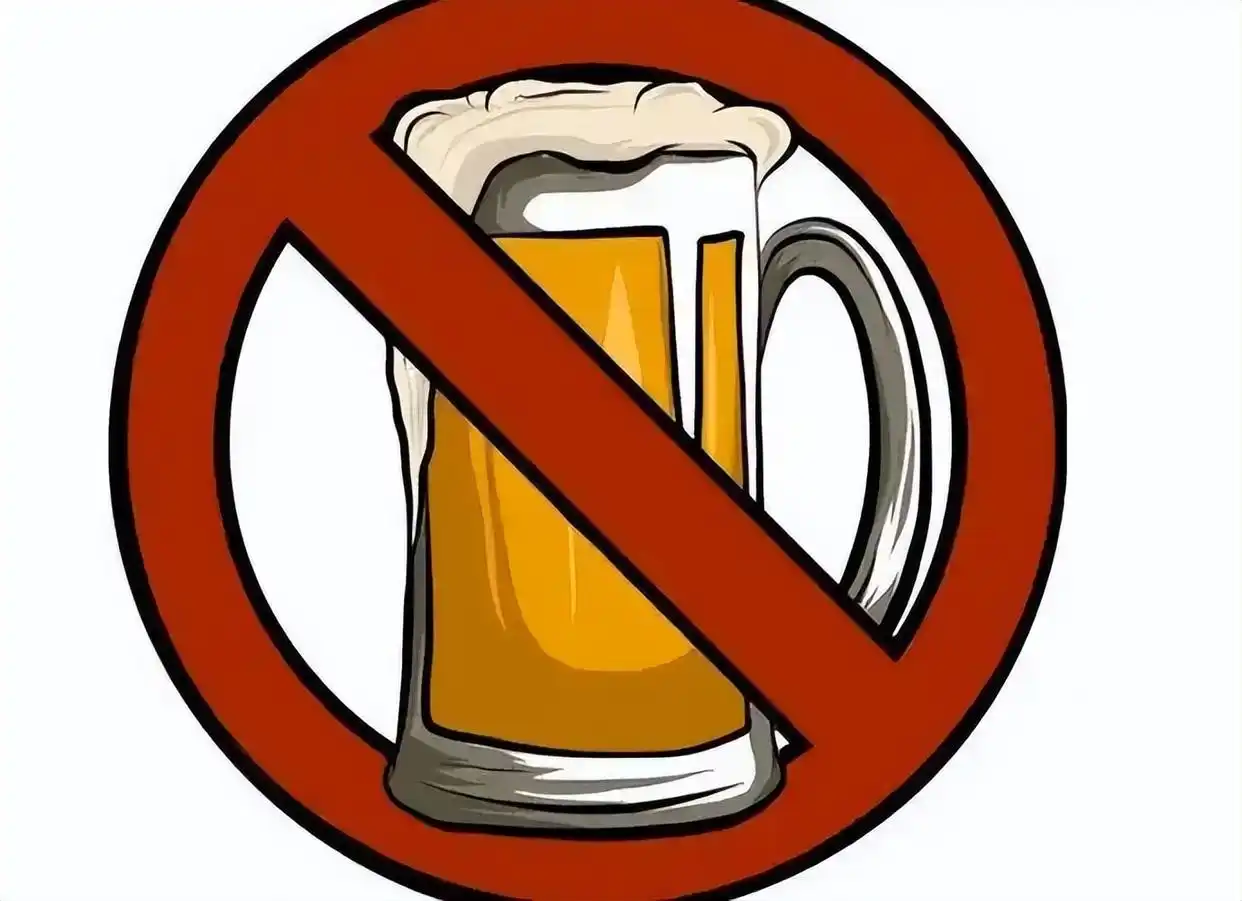The Unseen Distance: How Alcohol Steals Your Connections and Why Quitting Proves You Care
In the quiet moments of reflection, many of us have felt it—the subtle, growing distance between ourselves and those we hold dear. It’s a chasm that often goes unnoticed at first, masked by laughter, temporary highs, or the numbing comfort of routine. Yet, for those who regularly consume alcohol, this distance is not accidental; it is a direct consequence of the substance that promises connection but delivers isolation. Alcohol, often glorified as a social lubricant, has a darker, less-discussed side: it causes us to ignore, neglect, and emotionally abandon the very people we claim to love. Quitting drinking isn’t just an act of self-improvement; it is one of the most profound ways to demonstrate care, presence, and commitment to our relationships.
The Illusion of Connection
Alcohol is frequently portrayed as a catalyst for bonding. From celebratory toasts to casual happy hours, it is embedded in social rituals that ostensibly bring people together. However, this sense of connection is often superficial and fleeting. Under the influence, our ability to engage in meaningful, empathetic dialogue diminishes. Alcohol impairs cognitive functions, including attention, memory, and emotional regulation. While you might feel more relaxed or outgoing, you are also less capable of truly listening, understanding, or responding to the needs of others.
The person across from you—whether a partner, child, or friend—may be sharing something vulnerable or important, but alcohol muffles their words and dilutes their emotions. You might nod along, but you’re not truly there. The substance creates a barrier, filtering reality through a haze of intoxication. In this state, loved ones become background characters in the narrative of your indulgence. Their joys, struggles, and silent pleas for attention are overshadowed by the pursuit of the next drink.
The Slow Erosion of Presence
One of the most insidious ways alcohol damages relationships is by eroding presence. Presence—the act of being fully engaged in the moment with another person—is the foundation of intimacy. It requires attentiveness, empathy, and emotional availability. Alcohol systematically dismantles these qualities.
Consider the following scenarios:
- A parent who drinks regularly may be physically present at their child’s recital or game but mentally absent, preoccupied with the thought of a drink afterward or too foggy to fully appreciate the moment.
- A partner who relies on alcohol to unwind may become emotionally distant, using intoxication as an escape from stressors rather than engaging in constructive communication.
- Friendships may devolve into surface-level interactions centered around drinking, leaving little room for deeper conversations or genuine support.
Over time, these patterns create a rift. Loved ones begin to feel unseen, unheard, and undervalued. They notice the vacant look in your eyes during conversations, the forgotten promises, the missed opportunities for connection. The message, whether intentional or not, is clear: the alcohol matters more than they do.
The Ripple Effect of Neglect
The impact of alcohol-induced neglect extends far beyond momentary disappointments. It creates a ripple effect that can destabilize relationships and inflict lasting emotional harm. For instance:
- Partners may feel lonely and resentful, questioning their worth and the stability of the relationship.
- Children may internalize the absence of a parent, interpreting it as rejection or unimportance, which can affect their self-esteem and future relationships.
- Friends may drift away, seeking more reciprocal and attentive connections elsewhere.
Alcohol doesn’t just cause you to ignore loved ones; it teaches them to stop expecting your attention. It conditions them to lower their expectations, to settle for less than they deserve. This dynamic is deeply damaging, as it normalizes emotional neglect and perpetuates a cycle of disconnection.
Quitting as an Act of Love
Choosing to quit drinking is often framed as a personal journey—a decision made for health, clarity, or self-control. While these are valid motivations, the most powerful reason to quit may be the people you love. Quitting is a tangible, actionable way to prioritize relationships over indulgence. It is a statement that says, "You matter more than my temporary escape."

When you quit drinking, you reclaim your ability to be present. You regain the mental clarity to listen actively, the emotional capacity to empathize deeply, and the physical energy to engage fully. Small moments—like remembering a conversation, showing up consistently, or offering undivided attention—become meaningful acts of love. These gestures rebuild trust and reinforce the value of your relationships.
Moreover, quitting drinking demonstrates accountability. It acknowledges the harm caused by past neglect and commits to a better future. This vulnerability can be transformative, opening doors to honest conversations, forgiveness, and renewed intimacy.
The Journey Back to Connection
Quitting alcohol is not easy. It requires confronting habits, coping mechanisms, and sometimes deep-seated emotional pain. Yet, every step toward sobriety is a step toward reconnection. Here’s how the journey unfolds:
- Awareness: Acknowledging the impact of alcohol on your relationships is the first step. Reflect on the moments you were absent, the words you forgot, the emotions you muted.
- Commitment: Decide that your relationships are worth the effort. Set clear intentions and seek support—whether through therapy, support groups, or trusted loved ones.
- Action: Replace drinking with activities that foster connection. Cook a meal together, take a walk, or simply sit and talk without distractions.
- Patience: Healing takes time. Loved ones may be hesitant to trust your change initially. Consistency and patience are key.
Conclusion
Alcohol promises connection but delivers isolation; it offers escape but breeds neglect. The distance it creates between you and your loved ones is real and painful, but it is not irreversible. Quitting drinking is a profound act of love—a decision to prioritize people over substances, presence over numbness, and lasting connection over temporary highs. It is a way to say, "I see you, I hear you, and you matter." In a world where genuine connection is increasingly rare, choosing sobriety is one of the greatest gifts you can give to those you care about—and to yourself.




发表评论